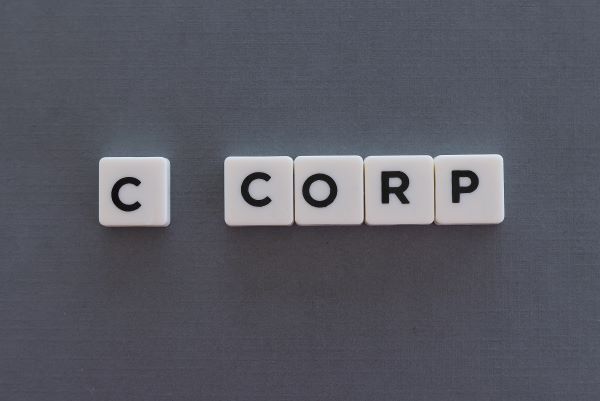Why do LLCs Frequently Convert to Delaware Corporations?
When a business begins operations, it must choose an entity structure. The choice of entity is very important because certain tax, governance, investment, and growth opportunities depend on the business’s structure.
An initial choice of LLC structure for a business may be appropriate at the time of formation but, as the business grows, a corporation structure may better serve the needs and goals of the company. Many businesses elect to incorporate in Delaware, even if their principal place of business is in another state. Delaware’s corporate law is focused on the corporation’s internal business operations, and Delaware’s corporate judicial decisions are seen as largely predictable and dependable. Additionally, many venture capitalists prefer to invest in Delaware corporations. For more details on Delaware C-Corporations, check out What are the Benefits of a Delaware C Corp? Choosing the Right Entity Structure.
What is Entity Conversion?
Entity conversion is the process of changing a business’s structure from one entity type to another. The most streamlined type of entity conversion is called a statutory conversion. Statutory conversion is only available if the LLC’s state of formation and the desired jurisdiction of the to-be-formed corporation have both adopted this type of conversion. Other methods of changing your company’s entity structure and state of incorporation may be available if a statutory conversion is not available (or desired). The other potential methods of effecting the change of entity from LLC to corporation include a merger or a non-statutory conversion. Keep in mind, however, that the procedure for converting an LLC to a Delaware corporation depends, at least in part, on the LLC’s state of formation (also known as its jurisdiction of organization).
How NEXT’s Attorneys Can Help:
NEXT attorneys facilitate the conversion of Delaware LLCs and foreign LLCs to Delaware corporations by:
• Analyzing the LLC’s Operating Agreement and other organizational documents to determine which member and/or manager consents are necessary to authorize the conversion;
• Analyzing the appropriate treatment in the conversion of any equity (or equity like) instruments or rights that the LLC has outstanding, such as profit interests, options warrant, and convertible notes and SAFEs;
• Drafting the requisite member and/or manager consent documents;
• Providing advice regarding the stock structure (e.g., the classes of stock and number of shares of stock) for the new corporation;
• Determining the “Equity Conversion Ratio” (the number of shares of stock in the new corporation that a member in the LLC will receive for each of their Membership Units in the LLC);
• Assisting with any necessary foreign qualification filings based on the entity’s activities;
• Advising on structuring the conversion to comply with both Delaware law and the laws of the LLC’s state of formation, as the process can vary from state to state;
• Drafting and filing the conversion and incorporation documents, as well as the EIN application and foreign qualification filings; and
• Advising companies on name changes (e.g., if their company name is not available in Delaware) and/or DBA names.
NEXT’s fixed-fee Entity Conversion packages can help you navigate entity conversion and the individualized challenges your business may face during conversion. For additional information or to schedule a consultation, please contact NEXT at [email protected].
The content in this Blog is provided for informational purposes only and does not constitute legal advice on any matter. Article not updated since publication.



